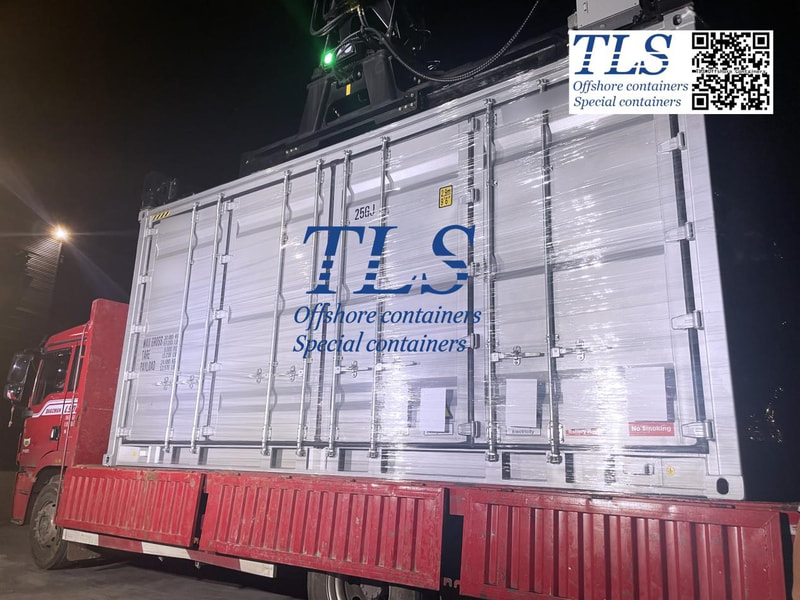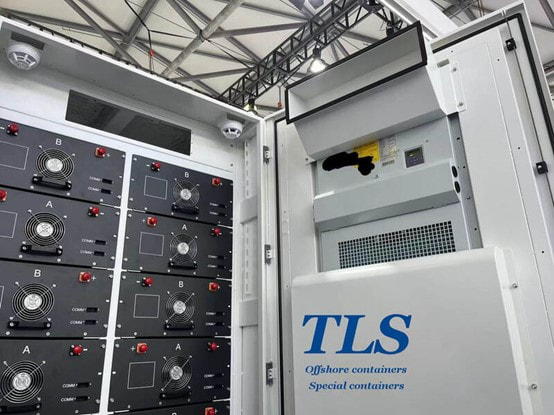|
Introduction: Battery Energy Storage Systems (BESS) play a crucial role in modern energy management, providing a reliable solution for storing excess energy and balancing the power grid. Within BESS containers, the choice between air-cooled and liquid-cooled systems is a critical decision that impacts efficiency, performance, and overall system reliability. In this article, we will delve into the advantages of both air-cooled and liquid-cooled systems in the context of BESS containers. Air-Cooled Systems:
Liquid-Cooled Systems:
Conclusion: The choice between air-cooled and liquid-cooled systems for BESS containers depends on various factors, including project requirements, budget constraints, and environmental considerations. While air-cooled systems offer cost-effective and simple solutions, liquid-cooled systems provide superior thermal performance and efficiency. Ultimately, the decision should be based on a careful evaluation of the specific needs of the energy storage project, with a focus on achieving optimal performance, reliability, and cost-effectiveness. TLS Offshore Containers / TLS Special Containers is a global supplier of standard and customised containerised solutions. Wherever you are in the world TLS can help you, please contact us. Regarding the Battery Energy Storage System (BESS) container, please download Energy Storage System (ESS) Containers brochure for reference. Key words: #BESS #cooling systems #Thermal management #Energy storage solutions #Efficiency in energy storage #High-power applications #Battery module density #Maintenance requirements #Environmental considerations #Heat dissipation #Temperature control Written by OliverComments are closed.
|
Archives
July 2024
Categories
All
|
- Home
-
Containerised solutions
- Intelligent pressurised container | MUD logging cabin
- Battery energy storage system (BESS) container
- Flexible grid tied battery storage system
- Laboratory container | workshop container | Equipment containers
- Temporary refuge shelter | Toxic gas refuge | Safe haven
- Offshore accommodation cabin | office container
- Reefer container | Refrigerated container
- Intelligent waste water treatment container
- Fresh water generator container
- Cargo Containers
- Product photos & videos
- News & Blogs
- Contact us
|
Featured products
Intelligent pressurised container Temporary refuge (TR) shelter, toxic gas refuge (TGR) Battery energy storage system (BESS) container Containerised waste water treatment plant Fresh water generator container Reefer container Laboratory container, Workshop container Accommodation container Offshore closed container |
All Rights Reserved 2020 © TLS Offshore Containers / TLS Energy
|


